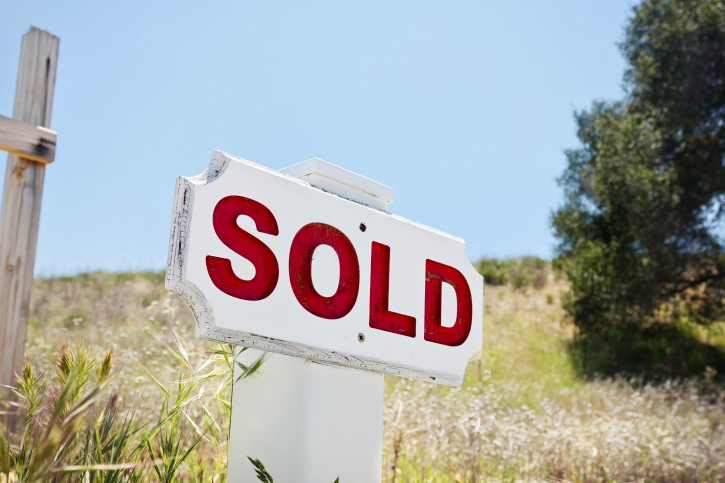From Big to Small: How to Downsize from a Large House to a Smaller, More Efficient Home
 If you’re moving from a large home into a smaller house or condo, you’re probably looking forward to enjoying a lower utility bill and not having to do as much cleaning. But before you move, you’ll want to take certain precautions to ensure that you’re not overwhelmed.
If you’re moving from a large home into a smaller house or condo, you’re probably looking forward to enjoying a lower utility bill and not having to do as much cleaning. But before you move, you’ll want to take certain precautions to ensure that you’re not overwhelmed.
A smaller home won’t have as much room for your belongings, which means you may need to get creative. Here’s how you can downsize without losing your mind.
Decide What You’re Going To Keep
Before you do anything else, choose which of your belongings are coming with you. Unless you’ve habitually been getting rid of things you no longer need over the years, chances are you have a large stash of things you’ll never use again. That’s the kind of clutter you’ll need to eliminate before moving into a smaller home.
The obvious exceptions would be anything of significant sentimental or monetary value, but you’ll want to get rid of lots of your everyday objects – for instance, there’s no reason why you need three soup ladles. Having trouble deciding what to throw out? Here’s a simple rule of thumb: If you can’t remember the last time you used it, you probably don’t need it.
Have Anything In Storage? Find A Storage Solution Now
Most homeowners nowadays have the luxury of large storage spaces like basements or attics – but if you’re moving into a condo or a small starter home, storage will be at a premium. And that means anything stored in your basement, garage, or attic will probably need to find a new home. You’ll want to look for a storage solution earlier rather than later.
Perhaps you could rent a storage locker in your neighborhood, or let children or relatives hold onto your belongings until you decide what to do with them.
On Your Moving Day: Move Large Items First, And Put Away Stored Items Before Anything Else
When the day comes for you to move into your new home, you’ll want to try to find the best configuration for the space right away – before your new home is filled with boxes stacked six feet high. Before you do anything else, move your furniture and other large items into the space first, and get them set up so they’re out of the way.
Once all of your boxes are in your new home, put storage items away before anything else – it’ll help you avoid unnecessary stress and sorting later.
Downsizing can be stressful, but with a solid plan and a great real estate agent, you can find a smaller home and move in without issues.

 Homes are more than just a building. They are filled with memories of children taking their first steps, holidays that were celebrated with family members and friends, and Super Bowl parties filled with smiles and cheers.
Homes are more than just a building. They are filled with memories of children taking their first steps, holidays that were celebrated with family members and friends, and Super Bowl parties filled with smiles and cheers. A study by the World Health Organization says that 90% of our health comes from where and how people live. Homeowners are paying more attention to wellness. These considerations extend to the home that they want to buy. Do you want to get a great price when you sell your home?
A study by the World Health Organization says that 90% of our health comes from where and how people live. Homeowners are paying more attention to wellness. These considerations extend to the home that they want to buy. Do you want to get a great price when you sell your home?  When most people talk about real estate, they envision buying an already-built house on already-landscaped property. However, buying vacant land and building a new home is a great way to ensure that you get the home that you want in the location that you want.
When most people talk about real estate, they envision buying an already-built house on already-landscaped property. However, buying vacant land and building a new home is a great way to ensure that you get the home that you want in the location that you want. If you’re thinking about putting the house on the market, or are simply curious about its value in the current economic atmosphere, it’s essential to get an honest assessment of its value. An overly inflated figure won’t hold up and will only turn potential buyers away.
If you’re thinking about putting the house on the market, or are simply curious about its value in the current economic atmosphere, it’s essential to get an honest assessment of its value. An overly inflated figure won’t hold up and will only turn potential buyers away.